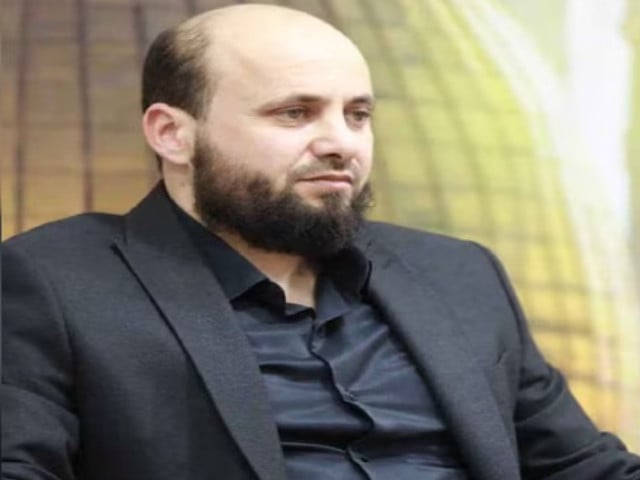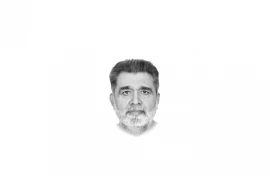
Syria’s new interim leader, Mohammed Al-Bashir, announced on Tuesday that he is assuming the role of caretaker prime minister with the support of former rebel forces who ousted President Bashar Al-Assad three days ago.
In a brief address on state television, Bashir, previously known for leading a rebel-run administration in northwest Syria, stated he would govern the country until March 1, 2025. He explained that a recent cabinet meeting focused on transferring institutions and responsibilities to the interim government.
Bashir, who formerly led the Salvation Government in Idlib, was flanked by two flags: one representing opposition to Assad and another bearing the Islamic oath of faith, often associated with Sunni groups.
Following the swift 12-day offensive that led to Assad's overthrow, normalcy has begun returning to Damascus, with banks reopening, shops resuming business, and streets being cleaned.
Rebel forces have reportedly withdrawn from urban areas, leaving internal security duties to Hayat Tahrir Al-Sham (HTS), a key group in the anti-Assad revolt that has distanced itself from its jihadist origins.
US Secretary of State Antony Blinken expressed support for a political transition in Syria that promotes inclusive, non-sectarian governance. However, Washington remains cautious, with no immediate change to HTS’s designation as a terrorist organisation.
The United States has urged HTS to aid in locating missing journalist Austin Tice, kidnapped in Syria in 2012, wahile maintaining a focus on counter-terrorism. Meanwhile, US troops stationed in northeastern Syria will remain active, with American forces mediating a ceasefire agreement between Kurdish-led Syrian Democratic Forces (SDF) and Turkey-backed rebels in Manbij.
As Syrians celebrated Assad’s fall, hundreds of detainees were freed from the notorious Sednaya prison, where evidence of torture and mass executions emerged. Efforts to locate hidden cells have uncovered bodies, sparking further searches for missing relatives.
The international community is closely monitoring the transition, with concerns over preventing terrorism and safely managing Syria’s chemical weapons stockpiles.
Israeli airstrikes have targeted Syrian military bases, with Defence Minister Israel Katz describing plans for a "sterile defence zone" in southern Syria, enforced without a permanent presence. While Israel claims its incursions are temporary, they have drawn condemnation from regional powers including Turkey, Egypt, and Saudi Arabia.
The Israeli military confirmed advances beyond a buffer zone established after the 1973 war but denied intentions of moving toward Damascus.
In Damascus, a celebratory mood prevailed, with refugees returning to the capital after years of displacement. Anas Idrees, a refugee who fled to Lebanon early in the conflict, expressed joy at Assad's removal, visiting the renowned Bakdash ice cream parlour to mark the occasion. “It tastes different now,” he said. “We are happy inside.”


1729837111-0/beyonce-(4)1729837111-0-165x106.webp)







1733917760-0/Copy-of-Untitled-(24)1733917760-0-270x192.webp)






COMMENTS
Comments are moderated and generally will be posted if they are on-topic and not abusive.
For more information, please see our Comments FAQ